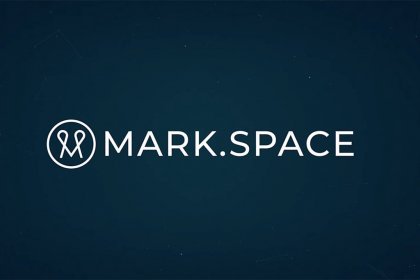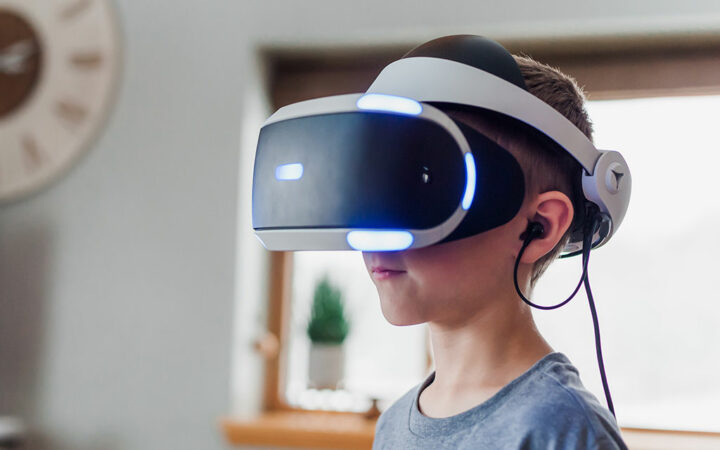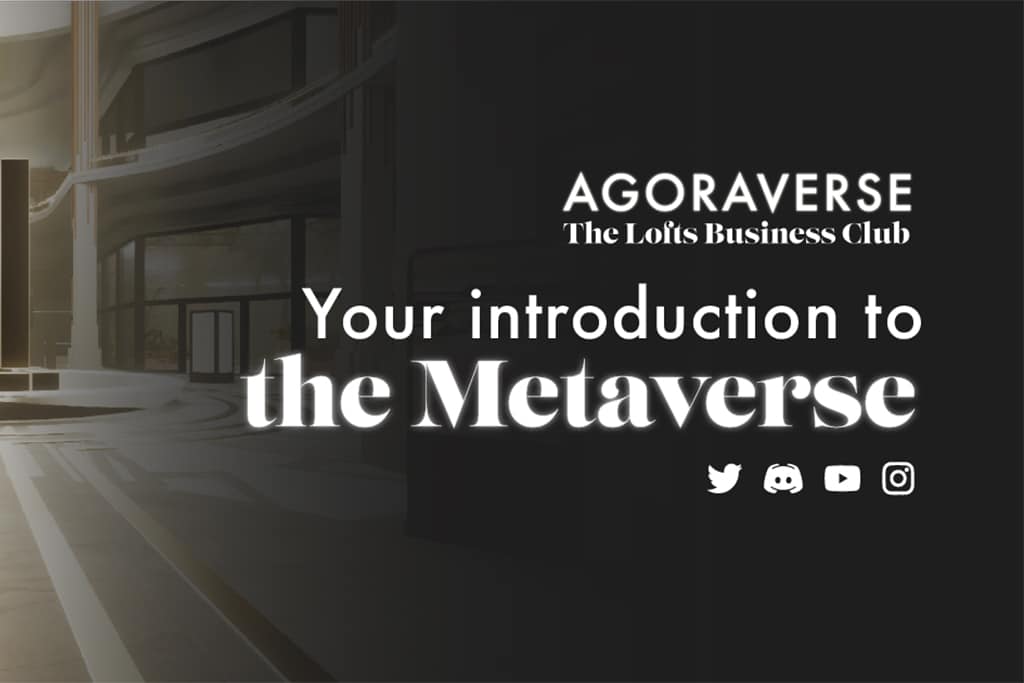Virtual Reality (VR) is fast emerging as a medium that people are using to get things done. It is being used in fields like architecture, medicine and others. Increasingly VR has also crept into mainstream consciousness. It is expected that VR user numbers would range between 250-300 mln by 2019 or 2020.
In such a scenario it is hardly inconceivable that advertisers would neglect this user base or VR would be left unmonetized. Aayush Upadhyay and Neel Rao of Google’s Area 120 told Wired, “VR ad formats should be easy for developers to implement, native to VR, flexible enough to customize, and useful and non-intrusive for users.”
MARK.SPACE, an open source platform that creates 3D and VR compatible web spaces and objects which work on Blockchain technology is creating whole virtual cities that would offer numerous advertising opportunities as well.
This is an interesting take as users would experience adverts as they do in the real world. As an example, a user would see billboards in the city or see advertisements on the walls as you do when you walk into a shopping centre.
Creating Virtual Cities
The VR platform that MARK.SPACE has created allows for the creation of entire cities by users. These cities would be subdivided much like real cities into districts, blocks and units. Zoning would be implemented on the basis of activities like retail, residential, business and community.
The various properties in the cities would with the passage of time attract visitors as they grow richer in content and offerings. In terms of attractiveness MARK.SPACE has already picked up impressive partners like Jaguar Land Rover, Gas Jeans, Desigual and several others. All of these partners would be able to capitalise on the project’s capabilities and strengthen their branding messages through providing VR experiences to the visitors.
Design Your Own VR Property
It is not only big businesses that have the chance to build VR experiences. Thanks to the MARK.SPACE designer construction kit any user on the platform can build their own unique VR experience as well. In fact MARK.SPACE are holding a contest to encourage just that.
The virtual real estate development contest will be open till the last date of MARK.SPACE’s final token sale, which is February 28, 2018. Registered users of the platform can take part in the contest simply by filling an online form.
It would be the large MARK.SPACE community who will get to vote on the entries and choose a winner. Submissions can be be published on either Facebook or Twitter by MARK.SPACE. Winners of the contest would be rewarded in MARK.SPACE Tokens (MRT).
Tokenization a Logical Step
Given that the VR platform uses blockchain, tokenization makes a whole lot of sense. The MRT token would be useful for conducting transactions on MARK.SPACE. Users would be able to purchase VR spaces as well as furnishings using MRT. Similarly for making purchases customers would use the MRT token as well.
In a way what they have done is simply taken their real world token and transposed it into a virtual reality environment where it can be used just as money is used in the real world. The project is conducting a token sale, the last round of which will be on February 28, 2018. The hard cap for the token sale is USD 35 mln.
This would be the final time investors have the chance to purchase MRT tokens in the sale. As tokens would be needed to conduct a number of transactions including purchase of virtual property and there would only be a fixed amount in circulation, it is possible that the value of these may appreciate with increasing demand. MARK.SPACE have released a white paper that lists the details of the project as well as the sale.
MARK.SPACE has showcased that it is possible to create a virtual reality environment that is relatable and familiar. From an advertising stand point the idea of virtual cities makes sense as this is how we interact with products and services on a daily basis. The added mix of blockchain adds a layer of a crypto economy that will facilitate promotional activities in the virtual realm.
Disclaimer: Coinspeaker is committed to providing unbiased and transparent reporting. This article aims to deliver accurate and timely information but should not be taken as financial or investment advice. Since market conditions can change rapidly, we encourage you to verify information on your own and consult with a professional before making any decisions based on this content.

Please check out latest news, expert comments and industry insights from Coinspeaker's contributors.





